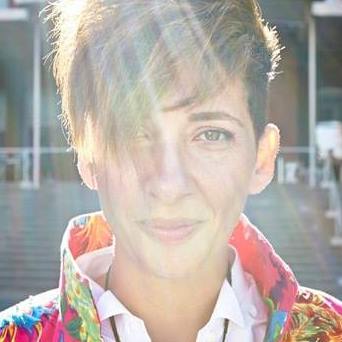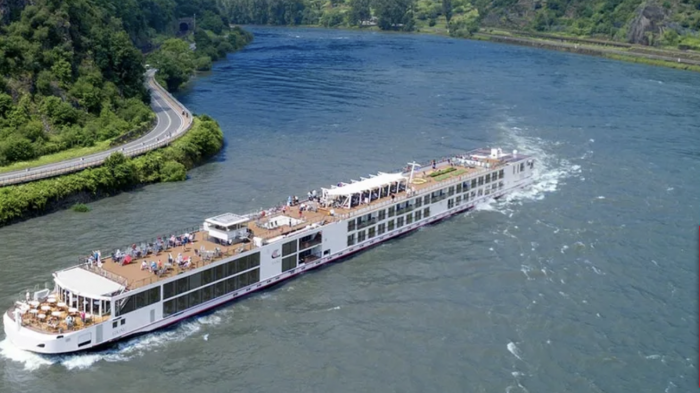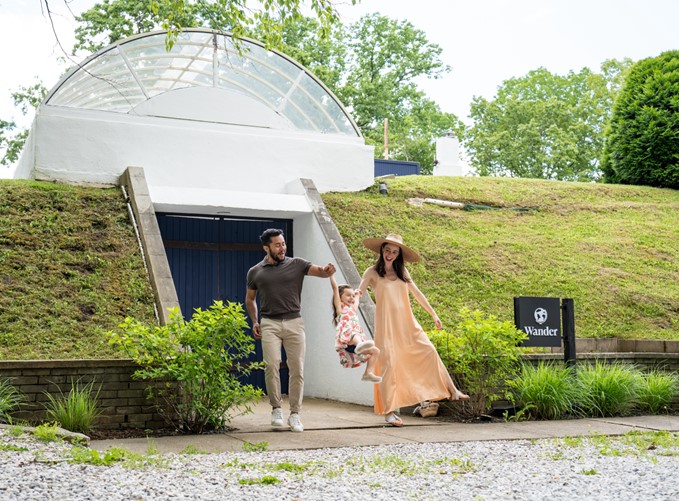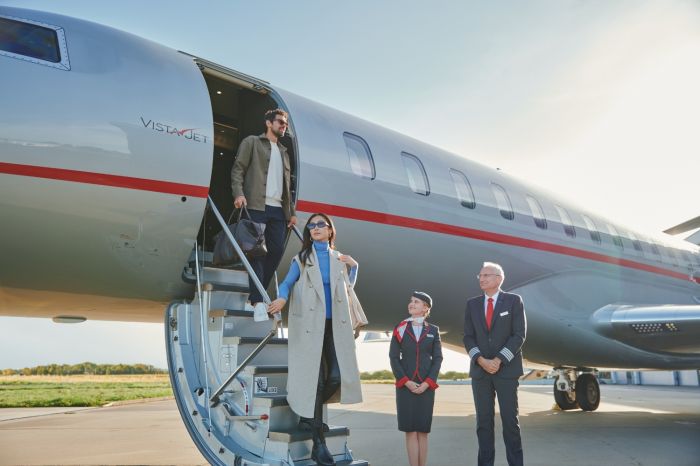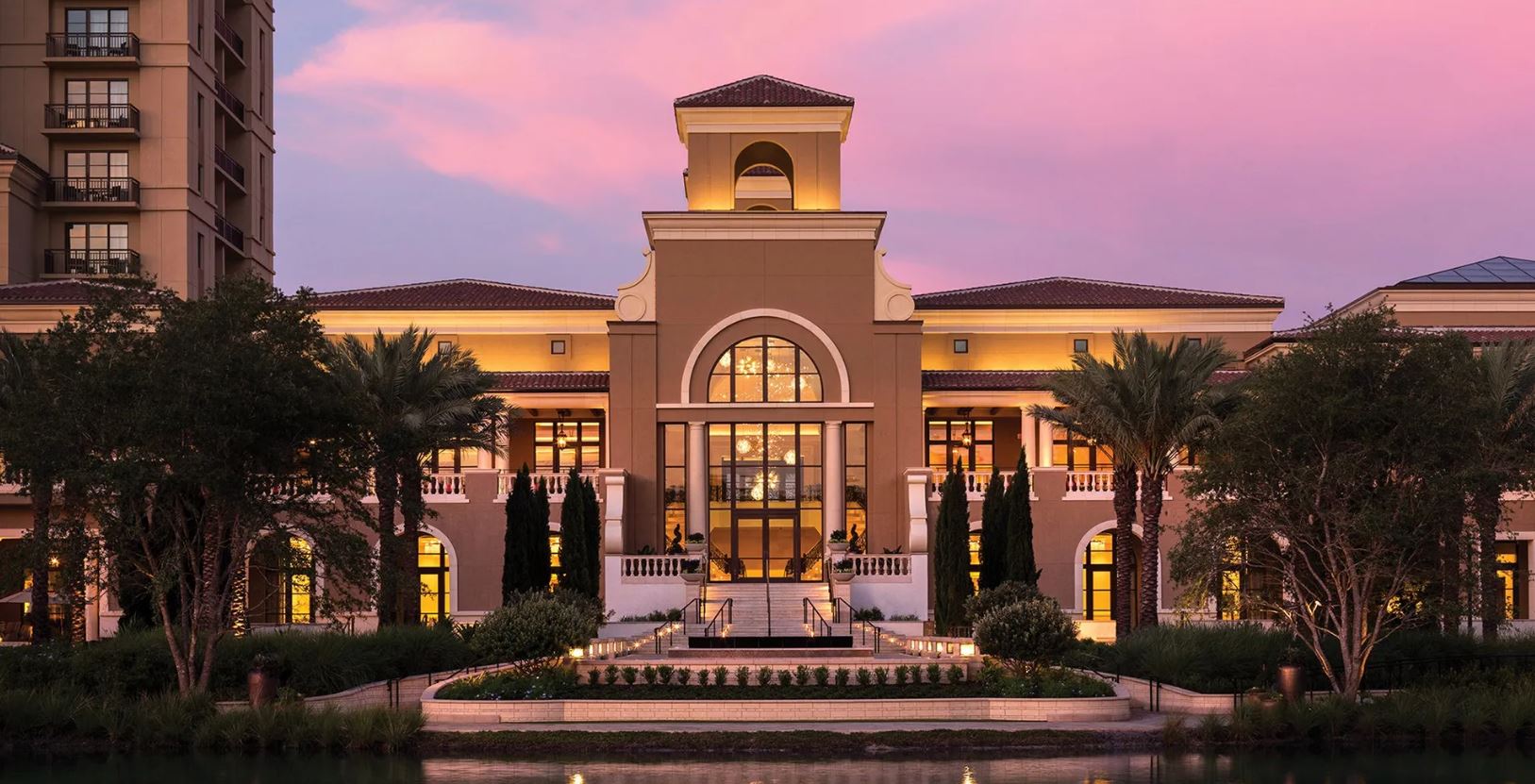Kingston: Jamaica's Charmed Musical Land
The lush, buoyant island of Jamaica has always drawn music professionals, fashion photographers, hospitality entrepreneurs and vacationers with a love for Reggae and tropical landscapes. It is a favorite escape for Drake, Jay Z, Beyoncé, Rihanna and Santigold, and its energy and style continue to radiate globally. Now with the stabilization of the political landscape and reduced crime rate, and the efforts of both the business and culture communities, Jamaica is emerging as one of the hottest destinations for travelers. It is ripe with potential and talent, from Kingston’s music studios, art galleries and dance parties to the elegant new resorts of the coast.
In the ‘60s Kingston’s Orange Street was a vibrant ska, rocksteady and reggae scene where musicians mingled in recording studios and clubs. Now it is a sketchy commercial stretch where salesmen hawk fringed crop tops and home electronics. As the sunlight began to soften, a sidewalk bar setup for the night, blasting dancehall from the giant speaker, serving beers and rum. Facing the scene is Rockers International which sells original reggae vinyls in a tiny shack unrecognizable but for a sprayed tag on the wall. Mitchie Williams, a DJ, musician and producer, can be seen flipping 45s like pancakes, lining up tunes as guests swayed to the rhythm.

On the other side of the city, in the posh Uptown area, the NLS gallery organizes cutting-edge exhibitions and art happenings. This winter, the New York-based artist and designer Simon Benjamin inaugurated his first solo show there, where he explored questions of cultural identity and urbanism in Jamaica. As gentle reggae filled the garden on the opening night, a young and trendy crowd mingled cheerfully. Guests included Storm Saulter, a film director who has worked with reggae stars Protoje and Chronixxx; Rachael Barrett, who is opening a new cultural center, _space Jamaica; and curators from Tb54 in Vienna and the New Museum in New York, among others.

Benjamin and his friends are part of the new cosmopolitan generation shaking up the country, reconnecting to their heritage and linking their culture with the world. Proud of their history, determined to contribute to a positive society, they are hyperactive at the grassroots level and institutionally. “Making art allows me to reconnect with Jamaica in a meaningful way,” explains Benjamin, who left Kingston to study at the School of Visual Arts in New York, where he now teaches.

The crowd at the legendary roots reggae party Dub Club, perched atop the rainforest and city, is also diverse, ranging from Reggae-loving Japanese Rastas to curators and designers living in New York or London. Gabre Selassie, one of the country’s leading DJs, launched an event to promote original reggae sounds and Rastafari principles as the Reggae revival movement began to soar after the long reign of Dancehall. Critics have said it can promote violence and materialism. “We are a rhythmic people, a rhythmic country,” explains Gabre before his set, which lasted until the morning. It involved a crew of world-touring DJs and musicians such as Lutan Fyah. “We are here to celebrate this,” shared Gabre.
Another trailblazer of the new Jamaican culture scene is art consultant Rachael Barrett, who formerly lived in London. She is revamping the Henzell family estate house and former home of filmmaker Perry Henzell, director of The Harder They Come, for her new foundation _space Jamaica. David Adjaye, notorious for his work on the Museum of African American History and Culture on Washington’s Mall, has added sleek architectural interventions throughout the garden and home. This summer _space Jamaica will open with a Basquiat show, hosting a series of outdoor concerts, film screenings and exhibitions.

The Reggae revival may be sweeping, but no Jamaican trip is complete without a late-night dancehall party. In the middle of a parking lot facing Suzie’s Bakery, a bar and giant speakers set the festive mood at Mojito Mondays, one of Kingston’s most popular bashes, which got busy around 2 a.m. This is where crews of young men show off the latest dance moves as the DJ plays new hit after new hit. New songs are made or broken at parties like this one: in Jamaica music is played on the streets, for the streets.

We left the party late (early in Jamaican time) and embarked on the rugged road up the majestic Blue Mountain, its soft round peaks enveloped by thick grey mist. Arriving after 2 a.m., we were greeted by a jolly host at Strawberry Hill, the most elegant hotel in the capital. Each of our cottages were nestled in the forest, offering a much-needed respite after our urban adventures. Once a colonial estate, it is now owned by Blackwell. The legendary producer helped launch Bob Marley’s career and also owns Goldeneye, Ian Fleming’s former home in Oracabessa, The Caves in Negril, and Blackwell Rum. Bob Marley himself regularly came here to rest away from the bustle of capital.

We savored a relaxing morning by the infinity pool looking onto the city and ocean, before getting on the road again for Portland, the jet-set beach playground of the ‘70s. Geejam, the very private retreat in Port Antonio is hidden at the end of a tiny mountain road. Our villa, decorated with fashion photographs and minimalist furniture, felt like a cool urban home in the forest. The property is home to a recording studio set up by owner Jon Baker, a former music executive, which has been frequented by everyone from Amy Winehouse to Drake.
After expeditions to the dreamy Blue Lagoon and Reach Waterfalls, we continued our drive along the coast towards Negril, at the furthest tip of the island. At Rockhouse Hotel, where our garden bungalow opened onto the pool, volcanic cliffs and ocean, we enjoyed large plates of jerk pork and chicken, fried plantains and deliciously-fresh seafood along with fruity rum drinks. When Paul Salmon and his partners opened this boutique hotel, he changed Negril from a backpacker hideaway to a buzzing bohemian beach destination. At Rockhouse, the best local musicians and DJS play regularly. The art director Matt Goias has designed a new passport program to encourage guests to experience authentic local activities, such as volunteering with the Rockhouse Foundation, which fosters education within the local community.

The hotel pioneers of the island continue to grow, expanding and leading the way for new generations of entrepreneurs. Blackwell has launched his own rum brand and 10 new culturally-themed tours around the island. Baker of Geejam reshaped Port Antonio as the most glamorous, and peaceful, getaway on the northern coast and is inaugurating new rental properties atop the spectacular San San beach. Paul Salmon—whose trendsetting Rockhouse hotel in Negril and Miss Lilys restaurants in New York have helped launch the new Jamaican brand of cool—is adding new rooms to the property, growing the organic farm and creating new cultural activities both on the island and in New York. Miss Lily’s now has three locations between the West Village and the Lower East Side.
What all these visionaries know, is that far from the all-inclusive packages that many vacationers have become accustomed to, a deep dive into Jamaica must involve an immersion into the island’s culture, and adventures off the beaten path. Only then will the authentic spirit of Jamaica be revealed.










